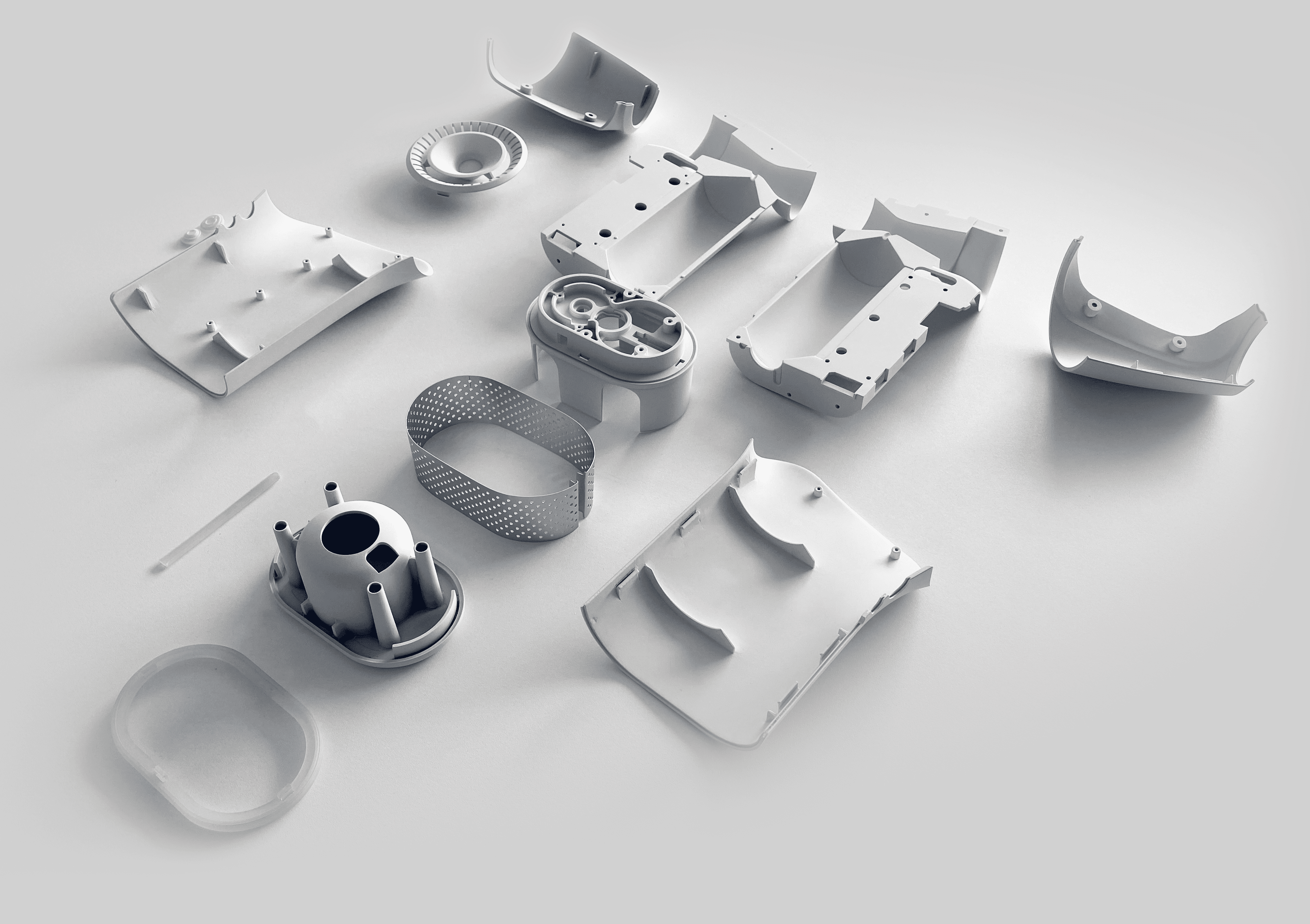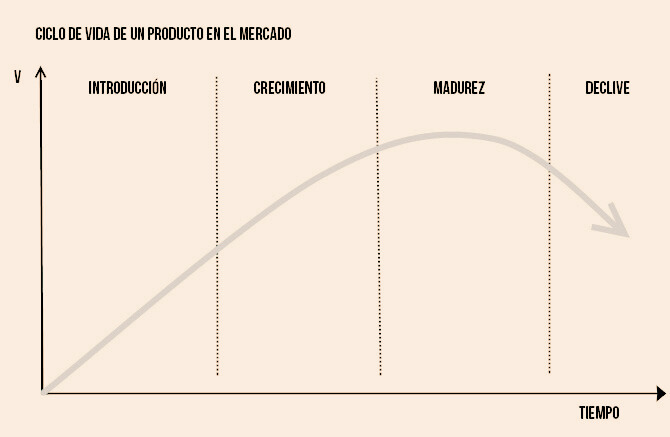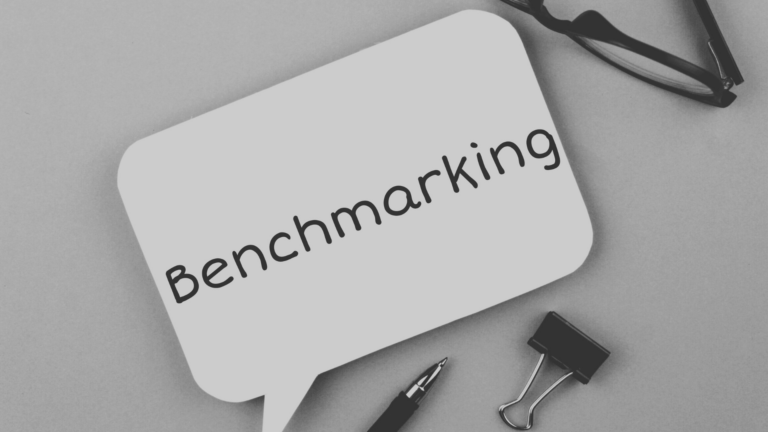Prototyping in product design is a fundamental process that allows transforming ideas into tangible and functional models. This process plays a crucial role in the creation and improvement of products, allowing for experimentation, testing, and refining concepts before they are taken into production.
Discover in this article what prototyping is, what it is used for and what are its key advantages in the product design process.
What is prototyping in Product Design?
Prototyping in product design is the process of creating scaled models or preliminary versions of a product before its mass production. These prototypes can vary in complexity, from simple physical models to fully functional prototypes that replicate the features and functionalities of the final product.
What is prototyping for?
- Visualization of ideas: Allows tangible visualization of the part, which facilitates communication and collaboration between multidisciplinary teams.
- Concept testing: Allows testing and evaluation of different design concepts and approaches to determine their feasibility and effectiveness before moving forward in the development process.
- Problem identification: Helps to identify and solve design, usability or functionality problems early in the process, with the objective of minimizing costs and delays in the production stage.
- Market validation: Allows market testing and feedback from end users before launching the product on the market, which helps ensure that the product meets customer needs and expectations.
Advantages of prototyping in Product Design:
- Risk reduction: Allows potential problems to be identified and addressed early in the process, helping to reduce the risks associated with the development and production of the final product.
- Time and resource savings: Allows for quick and cost-effective design adjustments and improvements.
- Improved quality: Facilitates the creation of higher quality products by allowing designers to refine and perfect their designs prior to mass production.
- Increased innovation: Encourages experimentation and exploration of new ideas and design approaches, leading to innovation and differentiation in the marketplace.
- Communication facilitation: Provides a tangible platform for communication and collaboration between design, engineering, manufacturing and marketing teams, helping to align goals and expectations at all stages of the development process.
In summary, prototyping in product design is an essential tool for innovation and success, as it helps companies enhance their ability to develop innovative and competitive products.
Influence of i-mas: leaders in Product Design and Prototyping
At i-mas, we transform ideas into tangible products by creating functional prototypes. Our process includes meticulous testing and initial adjustments to ensure efficient and effective product development from the start. We believe in the importance of this initial stage to establish a solid foundation that allows us to move forward confidently in product development, ensuring that every aspect is carefully considered and optimized to meet the needs and expectations of our clients.
A prime example where we have put our focus on prototyping into practice is Purificair, a compact, tactile and portable air purifier that revolutionizes the market with its innovative, filter-free technology. At i-mas, we have carried out rigorous testing through various prototypes to ensure that Purificair meets our highest standards of quality and performance.
Would you like to learn more about our services? We look forward to meeting you!




